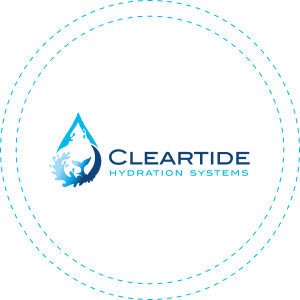Creating a healthy and safe workplace environment is essential for the well-being of employees. A significant impact can be made in this area by integrating filtered water systems. These systems not only provide clean and purified drinking water but also offer extensive benefits that extend beyond mere hydration. In this blog post, we delve into the myriad advantages of employing filtered water systems to enhance health and safety at work.

Ensuring Clean and Safe Drinking Water
The foremost benefit of filtered water systems is their ability to provide clean and safe drinking water. Equipped with sophisticated filtration technologies, these systems adeptly remove a wide range of contaminants including chlorine, lead, bacteria, and microplastics. This purification helps safeguard against health risks associated with contaminated water, bolstering employee well-being.
Eliminating Bottled Water Challenges
Filtered water systems also negate the need for bottled water, which can face issues like fluctuating storage temperatures and potential contamination exposure. With a direct-from-source filtered water system, there is reassurance in knowing the water is fresh and pure, minimizing contamination risks and ensuring consistent water quality.
Enhancing Hydration and Productivity
Convenient access to water dispensers encourages employee hydration, crucial for maintaining focus, productivity, and overall health. Filtered water systems installed across the workplace motivate employees to drink water regularly, fostering a healthier, more alert, and productive workforce.

Supporting a Safer and More Sustainable Workplace
These systems also play a critical role in sustainability by reducing dependency on single-use plastics, thus minimizing plastic waste and environmental degradation. Moreover, the absence of the need to handle heavy water bottles decreases the risk of physical injuries, promoting a safer work environment.
Commitment to Employee Well-being
Investing in filtered water systems offers more than basic hydration—it ensures access to uncontaminated drinking water, improves workplace safety, promotes environmental sustainability, and enhances employee productivity and satisfaction. This commitment to workplace well-being is an integral part of building a supportive and effective work environment.

